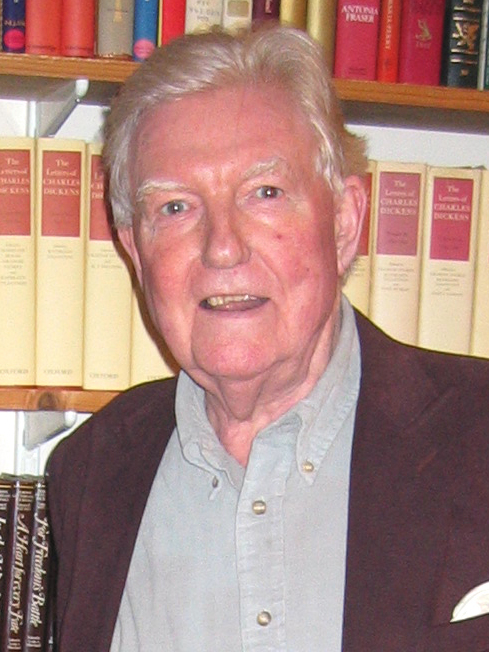Last week, an independent bookstore in Chicago splashed up attention for many Twitter users with a tweet complaining about a customer who wanted to rent rather than buy some expensive books. Rebecca George, a co-owner of Volumes Bookcafe in Chicago’s Wicker Park, wrote in Jan 9 tweet: “Turns out one of our biggest sales last month was for the person to stage their home for the holidays and now they want to return them all. Please don’t do this to a small business, people. That one sale was a third of our rent.”
The books were eye-catching art and cook book, no doubt published to show off the reader’s good taste. The most modest book in the set was entitled Authenticity: The Vain Attempt at Finding the Real You. (I’m sorry. I made that up.)
The tweet has been seen almost seven million times and picked up by news outlets, making January a very good month for sales by good-hearted book-buyers showing their sympathy.
What else is online?
Reading Good Books: An essential freedom that builds character more than we know. “American kids, more than ever, are stratified into those who read—those who have regular access to books—and those who don’t. I’m not talking here about basic literacy, but being open to the human good that is the enjoyment of literature.”
Kristin Lavransdatter at 100. Sigrid Undset wrote a “medieval romance in the twentieth century (published between 1920 and 1922), [and] she somehow reverses a thousand years of morbidity, bringing a long dead genre back to life. . . . Kristin Lavransdatter is really just a love story—but one of the most savagely honest love stories ever written.”
Mystery: All About Agatha is a podcast that has read all of Agatha Christie’s novels, discussed them, and ranked them against each other. I look forward to looking up All Hallow’s Eve to see if they place it within the worst five.
Writing: Backstory brings characters to life, making them appear as real people, except when it floods the reader with irrelevant details. So it’s a very good, except when it isn’t.
Terry Teachout: The New York art critic died last year on Jan. 13. Patrick Kurp calls that fact “comparably difficult to believe. It’s like saying France no longer exists. Seldom in my experience was so prominent and successful a writer so generous with his success.”
And Titus Techera talks about the conversations he had with Terry about film noir and its relation to men in post-war America.
Photo by Hatice Yardım on Unsplash
Like this:
Like Loading...





